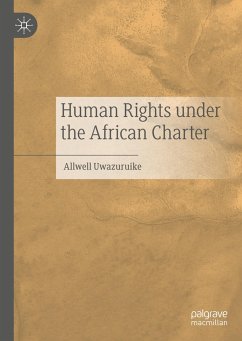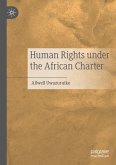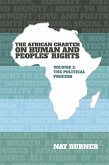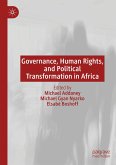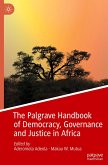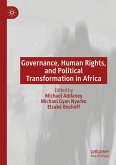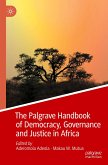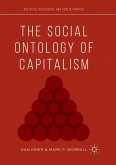This book critically examines the civil, political, socioeconomic, and group rights protected under the African Charter and its Protocol on women's rights. It then examines the institutional protection of these rights through the African Commission and African Court. The book builds on the concept of regionalism within Africa and the recent drive for finding "African solutions to African problems" by tracing the development of human rights within Africa and assessing the effectiveness of Africa's core regional human rights institutions. In turn, it critically analyses the obstacles to the full implementation of human rights in Africa such as the lack of political will, jurisdictional issues, lack of resources and funding, poverty, illiteracy, corruption, and customary practices that violate human rights. In closing, the book discusses possible solutions to these problems.
"He provides a detailed analysis of the African human rights instruments as a living outcome of norm translation. ... It is a timely read for international law scholars and social scientists studying the translation of norms, not only from the international to the region but also from the ground up. ... Policy-makers and legal experts in this part of the world will gain useful insights ... ." (Jamie Pring, Yearbook on the African Union, Vol. 1, 2020)

